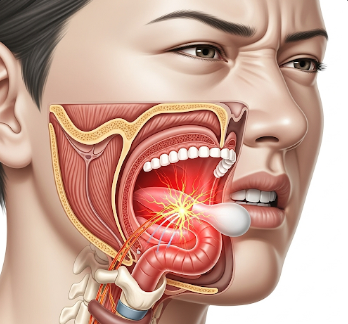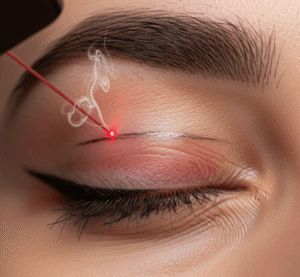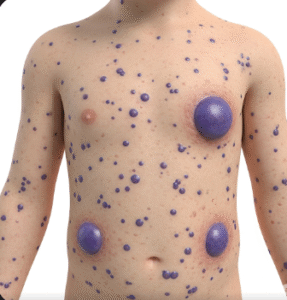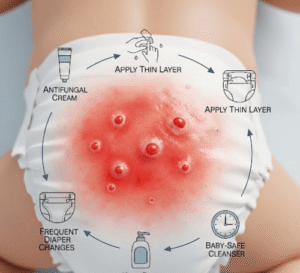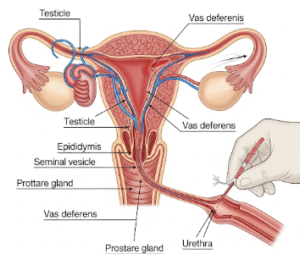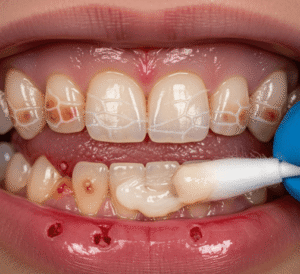Overview
Dysphagia is a medical condition characterized by difficulty swallowing, which can involve problems with the mouth, throat, or esophagus. This condition can range from mild discomfort when swallowing solid foods to severe obstruction that prevents both food and liquids from passing properly. Dysphagia can affect nutrition, hydration, and overall quality of life, and may also lead to serious complications like aspiration pneumonia. In Korea, gastroenterology and ENT clinics provide advanced diagnostic tools and therapies for managing dysphagia.
Highlights:
➤ Swallowing disorder – Impacts the movement of food or liquids from the mouth to the stomach
➤ Potentially serious – May cause malnutrition, dehydration, or aspiration
➤ Acute or chronic – Can result from neurological, structural, or functional problems
Key Facts
➤ Prevalence: Dysphagia affects millions worldwide, particularly older adults and individuals with neurological disorders.
➤ Age affected: More common in elderly populations, but can occur at any age depending on underlying causes.
➤ Gender: Both men and women are equally affected.
➤ Impact: Dysphagia can reduce appetite, affect social eating, and increase the risk of respiratory complications.
What is Dysphagia?
Dysphagia refers to difficulty in swallowing food, liquids, or saliva, due to mechanical obstruction, nerve damage, or muscle dysfunction. It can be classified as:
- Oropharyngeal dysphagia: Problems with the mouth or throat muscles
- Esophageal dysphagia: Difficulty in the esophagus, often caused by structural narrowing or motility disorders
Highlights:
➤ Oropharyngeal type: Trouble initiating a swallow or choking on food
➤ Esophageal type: Food sticks in the throat or chest after swallowing
➤ Complications: Aspiration, malnutrition, dehydration
What Symptoms Are Related to Dysphagia?
➤ Painful swallowing (odynophagia): Discomfort while eating or drinking
➤ Feeling of food stuck: Sensation of obstruction in throat or chest
➤ Coughing or choking: Especially when drinking liquids
➤ Regurgitation: Food coming back up the throat or mouth
➤ Unexplained weight loss: Due to difficulty eating sufficient food
➤ Frequent throat clearing: Attempt to move food down
➤ Hoarseness or voice changes: Associated with aspiration or reflux
What Causes / Possible Causes
➤ Neurological disorders: Stroke, Parkinson’s disease, multiple sclerosis, ALS
➤ Muscular disorders: Myasthenia gravis or muscular dystrophies affecting swallowing muscles
➤ Obstructions: Tumors, strictures, or esophageal webs
➤ Gastroesophageal reflux disease (GERD): Chronic irritation leading to narrowing or motility problems
➤ Infections: Severe throat infections or abscesses
➤ Aging: Natural decline in muscle coordination and nerve function
Highlights:
➣ Dysphagia may result from structural, neurological, or functional dysfunctions
➣ Identifying the underlying cause is critical for safe and effective treatment
When Should I See My Doctor?
➤ Persistent difficulty swallowing: Symptoms lasting more than a few days to weeks
➤ Pain while swallowing: May indicate infection, inflammation, or obstruction
➤ Frequent choking or coughing: Especially when eating or drinking liquids
➤ Unexplained weight loss or malnutrition: Requires urgent assessment
➤ Recurrent respiratory infections: Could indicate aspiration
Highlights:
➣ Early evaluation by a gastroenterologist or ENT specialist in Korea ensures accurate diagnosis
➣ Diagnostic tests such as barium swallow, endoscopy, or videofluoroscopy may be recommended
Care and Treatment
➤ Dietary modifications: Soft, pureed, or thickened liquids to ease swallowing
➤ Swallowing therapy: Exercises guided by a speech-language pathologist to improve coordination
➤ Positioning techniques: Sitting upright and tilting the head to reduce aspiration risk
➤ Medications: For underlying GERD, infections, or muscle relaxation
➤ Hydration and nutrition: Monitoring intake to prevent dehydration and weight loss
➤ Avoid irritants: Spicy or dry foods that may worsen discomfort
Highlights:
➣ Multidisciplinary care including nutritionists, speech therapists, and physicians improves outcomes
➣ Consistency in therapy and diet modifications is essential for safe swallowing
Treatment Options in Korea
Medical Treatments:
➤ Gastroenterology and ENT clinics: Advanced diagnostics and targeted treatment
➤ Pharmacological therapy: Medications for reflux, inflammation, or muscle disorders
➤ Neurological management: For patients with dysphagia secondary to stroke, Parkinson’s, or ALS
Advanced Procedures:
➤ Endoscopic dilation or surgery: For structural narrowing or strictures
➤ Botulinum toxin injection: For achalasia or esophageal muscle spasm
➤ Feeding tube placement: In severe cases to ensure nutrition and hydration
Rehabilitation & Follow-Up Care:
➤ Speech-language therapy: Ongoing exercises to improve swallowing efficiency
➤ Regular monitoring: Prevent malnutrition and respiratory complications
➤ Holistic care in Korea: Integration of gastroenterology, neurology, rehabilitation, and nutrition
Highlights:
➣ Korean clinics offer personalized, technology-assisted swallowing rehabilitation
➣ Early intervention significantly reduces risk of aspiration and improves quality of life

